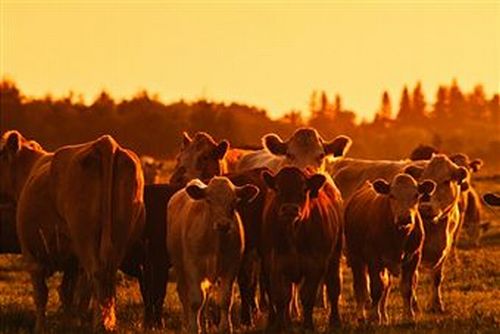Ways On Raising Cattle For a Living
Put aside all prior assumptions about raising cattle and you'll discover that this farming activity is one of the most progressive in the industry with farmers earning large profits every single year. Many people believe in the potential of a good cattle herd and based from experiences, many cattle farmers believe that raising cattle for a living doesn't necessarily require a lot of effort before the fruits of one's labor start to grow. In fact, with so many options available, well-rounded strategies from the masters to adopt, and one's own instinct in raising cattle, you can earn a lot of profit from this farming business. All you have to do is learn the basics, start with a good foundation, and learn the proper tips and tricks on how to raise cattle.
The first thing that a cattle farmer, especially a first time farmer, should do is to decide what his objectives are and what type of cattle is he going to raise to meet those objectives. Are you into the dairy business and would like to raise dairy cows or do you prefer to old fashioned raising beef cattle? Do you have the resources to raise such cattle? Do you have the equipment to breed and raise dairy cows for their milk? Whatever may be the answers to these questions will guide you to your final decision on what to raise and make profit from.
For many cattle farmers, raising cattle, particularly grass-feeding cattle, has proven to be the most cost effective and beneficial way of making money since these cows thrive on grass, a very vital resource that you can find in most areas where cattle farming is rampant. Grass-fed cattle are also beneficial to the consumers since these cows have the most nutrients, aren't fed growth hormones, and are normally stress-free in life.
If you're planning on rearing cattle for a living such as these, you can do so in many different ways. The two most popular would be to either start with a small number of high quality cows and a high quality bull herd to raise and breed the stock or a number of high quality calves to feed and raise until the calves reach a certain amount of weight.
Here are some very useful tips when raising cattle:
o Make sure that you choose cattle breeds that thrive on grass.
o Make sure you have enough pastures to rotate your herds around so that they all get fresh grass to eat.
o Supplement the cows' diet with plant proteins as they need 11% of this in their diet.



